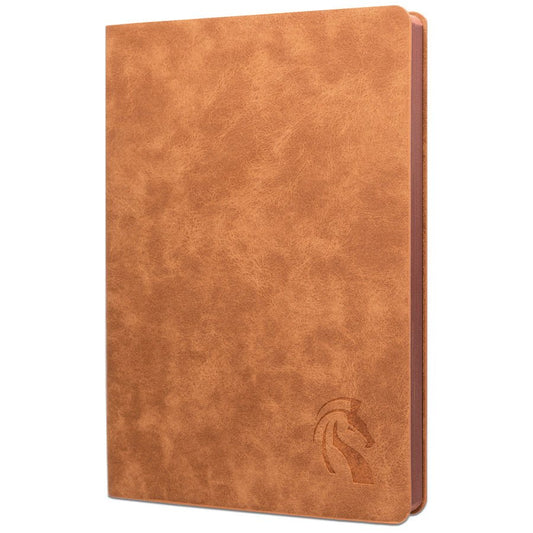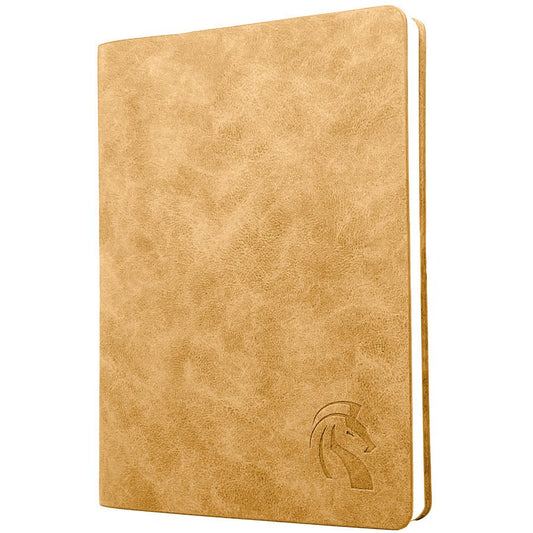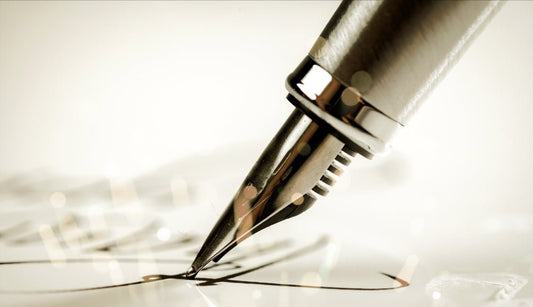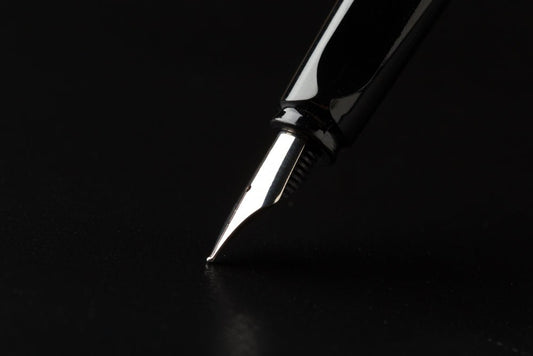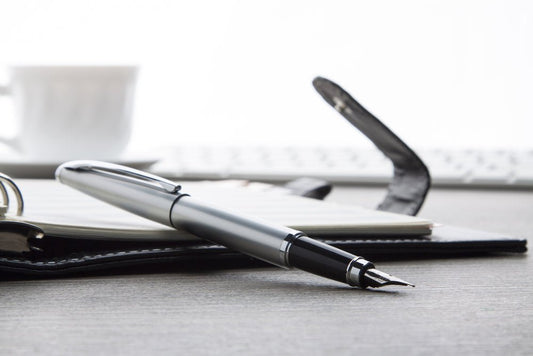
The practice of maintaining a record of one's own thoughts, emotions, insights, and other such things is known as journaling. You may either write it, draw it, or type it up. It might be written down or saved on your computer. Enhancing your mental well-being may be accomplished in a method that is simple and inexpensive.
Beginning a diary is not a simple task at all. It is possible to have the impression that you are working, and the need that you write every day may dissuade some individuals. However, the benefits of journaling may be experienced even if the practice is not maintained on a regular basis.
Advantages of Keeping a Journal
Keeping a diary may be helpful for a variety of mental health issues, including anxiety, depression, stress related to school or job, burnout, and disease.
What does journaling do to the brain?
It has the potential to calm your nerves.
Writing about your emotions in a journal has been related to a reduction in mental anguish. After one month, participants in a study who had a variety of medical conditions as well as anxiety and wrote online for fifteen minutes, three times a week, for a period of twelve weeks reported improved feelings of well-being and fewer symptoms of depression than those who had not participated in the study. Their mental health continued to improve during the course of the year that they kept a diary.
It is helpful for ruminating.
However, the timing of when you write about an emotional experience is important because it might help you break out from the never-ending loop of compulsively pondering and brooding over what took place. According to the findings of certain research, writing about a traumatic experience soon after it has taken place may actually make one feel more distressed.
It raises people's consciousness.
Putting your thoughts and emotions regarding a challenging circumstance on paper might help you comprehend it on a deeper level. Putting your thoughts and feelings about an experience into words and giving it structure enables you to acquire fresh perspectives on the events that have transpired.

It brings feelings back under control.
Brain scans of participants who wrote about their feelings indicated that they had a greater degree of emotional control than those who wrote about neutral experiences. This was the case regardless of the subject matter of the writing. According to the findings of this research, writing about emotions in a more abstract manner was shown to be more relaxing than writing in a more concrete manner.
It pushes one to be more open.
Some people could be motivated to seek social assistance after being encouraged to write in private about a traumatic situation. This may contribute to the emotional healing process.
It helps hasten the recovery of damaged tissues.
Keeping a journal could also have an effect on one's physical well-being. A research conducted in New Zealand on a group of 49 individuals indicated that those who wrote for twenty minutes about their reactions to traumatic experiences recovered from the effects of a biopsy more quickly than those who wrote about their regular routines. In a similar vein, college students who wrote about stressful experiences had a lower risk of becoming ill in comparison to those who wrote about neutral themes such as their room.
Women who had breast cancer who wrote optimistically or expressively about their experience with the illness had less physical symptoms and needed fewer medical visits connected to their malignancy. However, the researchers also found that writing about unpleasant feelings may boost levels of anxiety and despair.
How to Get Started Keeping a Journal
First, you should test it out on paper. Putting your thoughts down on paper using a pen and paper helps you process them better. Paper also makes it simpler to add artwork on the surface. However, you should choose the option that both makes you feel more at ease and is more practical for you.
Make it a habit.
Determine what time of day works best for you and stick to it. It may be the first thing you do when you get up in the morning, or it could be the final thing you do before you go to bed at night.

Keep things simple.
Keep things simple while you're just getting started. Set a timer for just a few minutes at a time and write in your journal.
Do what seems natural to you.
There is no one, ironclad rule that dictates what you must include in your writing. It is your area to construct whatever you want to in order to communicate how you are feeling. You shouldn't worry about whether or not your sentences are correctly spelled or structured, or what other people may think. It's possible that some individuals only write when something is upsetting them, but you should do whatever seems natural to you in this situation.
Put words on everything.
Some people may find that a beautiful notebook motivates them to write, while others may feel threatened by it. However, the medium on which you write makes no difference. It may be a dedicated diary, a collection of scribbles on various bits of paper, or even your phone. You may even give a voice memo a go if you're not in the mood to write anything down.
Use your imagination.
You could be hesitant to start a diary because you do not like writing, or you might not know how to get started because you do not know where to begin. However, keeping a diary does not have to consist just of writing sentences. Experiment with a variety of forms. Try your hand at bullet journaling, making lists, composing poetry or music, writing a letter, drawing some art, or composing a song. You may also discover journaling prompts online, which may serve as a source of motivation for you.
Try your hand at some expressive writing.
Writing about an experience that was emotionally taxing or distressing for you might be more therapeutic for your mental health than just keeping a journal.
Start a thankfulness notebook.
Having a grateful attitude is beneficial to one's mental health. To get things started, make a mental note of three things for which you are thankful. These might be simple pleasures like going for a stroll in the park, enjoying a flavorful cup of coffee, or having pleasant weather. You have the option of writing whole sentences or making a list. The specifics may assist you in reliving the most enjoyable parts of your day. How did it feel when the sun was shining on your face? What kinds of emotions did you have when you smelled the coffee?
Be careful not to have too optimistic expectations.
Even keeping a diary won't help you solve all of your issues. There is no therapist or counselor involved in this process. But it may assist you in gaining a deeper understanding of who you are.

LeStallion PU Leather Journals
LeStallion Soft Cover PU Leather Journals inspires and excites you to write more, allow you to further grow and develop, so you may achieve your goals and dreams!
SHOP LESTALLION


